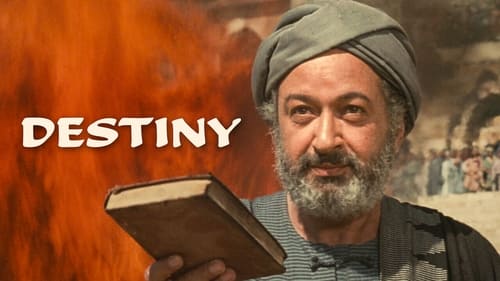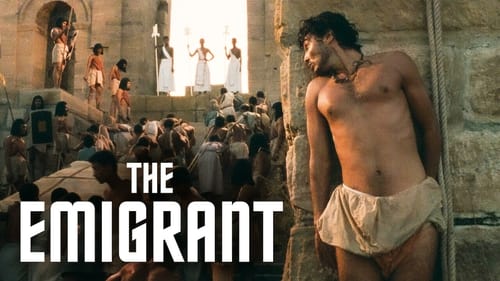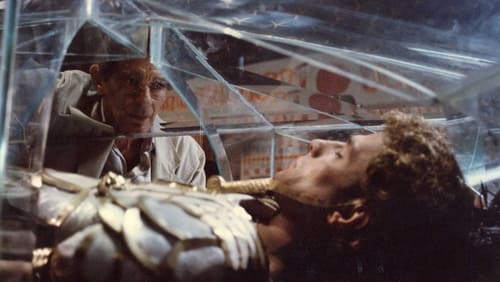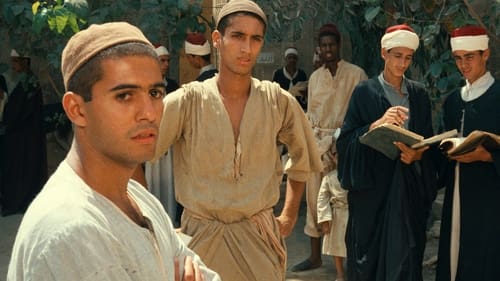Hassan El Adl
History
An Egyptian actor, he was born in Mansoura. He earned a Bachelor's degree from the Institute of Productive Sufficiency in 1972, followed by free studies at the Institute of Dramatic Arts. He worked in theater and cinema. He is known for the series Life of a Modern-Day Husband (2003), and Wanoos (2016). He directed the play The Man Who Thought.

A wife gives birth to sextuplets, forcing the husband to sell three of their children due to poverty. When the wife finds out, she decides to leave her husband and travel abroad and many conflicts arise between siblings in the future.

Mahmoud is man in his late 50s, who owns a photocopying store. When he comes across a topic about dinosaurs, he becomes obsessed with searching for the causes of its extinction, which leads him to rediscover love, friendship, paternity and the real meaning of life.

Shadyia is forced to marry a drug dealer, and from here her life begins to decline after her husband is arrested. She meets three other girls ,Dawlat, Shukryia and Suzy, who are also going a dark path.

Ali, an aspiring actor, works in a government-aided butchery, and takes a part in a cheap play, while his father wants him to start working in fruit trade. Ali pursues his long-lived dream of traveling abroad and flies to France with an acting troupe, where he starts living illegally alongside many other Arabs, and starts a life-changing experience that he won't remember fully until he returns to Egypt.

Mabrouk, the village idiot and his sister Fatheya inherit a land after the death of their mother. Bolbol moves to Cairo after suffering from her step mother's treatment and becomes a prostitute, when she returns to the village, she meets Mabrouk who was her childhood sweetheart and their love flourishes again.

In the 12th century's Andalusia lives Ibn Rushd a prominent islamic philosopher with his wife Zeinab and daughter Salma. The principality is ruled by Khalifa ElMansour who has two sons, ElNasser, an intellectual that likes Ibn Rush and is in love with his daughter Salma. The younger son Abdallah is more into dancing and poetry, spending most of his times with the gypsy family and getting the daughter pregnant. The Khalifa is depending on the extremists to build his army granting them more power which they use to combat artists and philosophers. The extremists succeed in recruiting Abd Allah and train him to kill his father. Events go on where Marawan, the gypsy singer, is killed and Ibn Rushd's books are burnt. Adapted from the real life of Ibn Rushd AlMasir is Chahine's statement against extremism.

Batta, Sakina, and Nawal .. Three friendly girls, neighbors from one lane, with similar difficult social conditions and also the dream of marriage before spinsterhood.

The biblical tale of Joseph is told from an Egyptian perspective in this interesting character study. In this film, Joseph is called Ram. Ram, tired of his family's backward superstitious life, and tired of being picked on by his brothers, wants to go to Egypt to study agriculture. His brothers travel with him across Sinai, but then suddenly sell him to Ozir, an Egyptian who works for a Theban military leader, Amihar. Amihar is impressed by Ram's drive and personal charm and so grants Ram some desolate land outside the capital. Ram soon finds himself a pawn in the political and sexual games between Amihar and his wife Simihit, a high priestess of the Cult of Amun.

This concise masterpiece began as a commission by French TV for the news series Envoyé spécial. By filming Cairo with his unique sense of artistic digression, Chahine transformed this portrait of a city into the self-portrait of a filmmaker.

It discuss raping incident to a girl by a group of unemployed and drugs addict guys, what happens to her, and the society point of view for both the rapist and the victim ..

Set in 1987 against the backdrop of a hunger strike by the Egyptian film industry, Chahine himself steps in to play Yehia, the famed Egyptian director whose life is chronicled in "Alexandria, Why?" and "An Egyptian Story". Obsessed with Amr, the handsome actor he discovered and cast as his alter-ego in parts one and two of The Alexandria Trilogy, Yehia pressures Amr to star in various film projects that change even as Yehia's perception of the young actor begins to change. He first casts Amr as Hamlet, which the actor deems too demanding for his talents, then as the lead in a musical biopic of demigod Alexander the Great, who founded the city of Alexandria in 332 B.C.

The story of the friendship between two exploited servant women of Cairo: Camilla, divorced and unable to have children, and Hind, a widow from the countryside who longs to return to her home village. When Hind gives birth to a girl, they name her Ahlam, meaning "dreams." But will their own dreams elude them, or will they triumph against the odds?

Egypt, 1947: in the midst of a cholera outbreak. A washerwoman tries to take care of her family, while at the same time resisting the advances of a charming suitor who's half her age.

This big-budget historical epic from acclaimed Egyptian director Youssef Chahine features a crazed turn by Patrice Chereau as Napoleon Bonaparte. The film, an Egyptian-French co-production, deals with Napoleon's occupation of Alexandria and its effect on a typical Egyptian family. Michel Piccoli leads the cast as a general in Napoleon's army who tentatively befriends a local poet.







